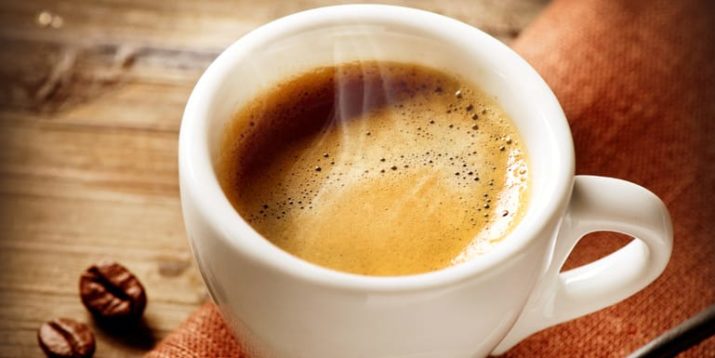Very Hot Drinks Cause Cancer? Not So Fast.

By Jennifer Nelson
A review released today by the International Agency for Research on Cancer (IARC) determined that drinking very hot beverages is probably carcinogenic to humans.
Here’s the scoop: In 1991, the IARC looked at hot yerba maté, an infusion made from the dried leaves of a South American shrub that is traditionally drunk very hot through a metal straw. At the time, it was not deemed cancerous.
But since, researchers have conducted several epidemiological studies of yerba maté within the South American region where the drink is popular and where there has also been an increase in esophageal cancer. The resulting studies showed that the risk of esophageal cancer increases with the temperature of the drink.
The new data was enough for the IARC Advisory Group to recommend a re-evaluation to determine if the increase in cancer was due to the yerba maté itself or the scalding, hot temperature at which it was served.
The studies found that cancer was associated with “very hot” temperatures but not with drinking yerba maté warm or cold. They’ve added coffee and tea to the list as well since studies of other hot drinks, mostly tea, in countries like China, Iran, Japan, and Turkey, also found that the risk of esophageal cancer may increase the hotter the temperature of the liquid in your cup.
The IARC doesn’t have official numbers on exactly how many scald-worthy drinks increase your odds of esophageal cancer, but just how hot does your coffee or tea have to be for you to be cautious? Experimental studies with animals suggest that beverages begin to be dangerous at 149°F and above. So, consider easing off on ordering your coffee extra hot (which at Starbucks is said to be 180°F; normal hot beverage ranges from 145–165°F.) And use common sense. If a beverage could potentially burn your tongue, wait until it cools before you take a sip.
Science supports this advice, too. Researchers at the University of Texas discovered that 136°F — comfortably below the supposed cancer threshold — is the ideal temperature to consume hot beverages and avoid scalding.
